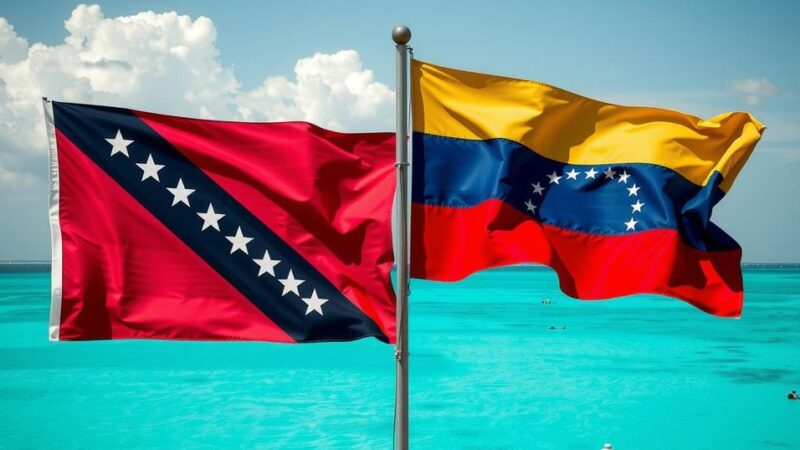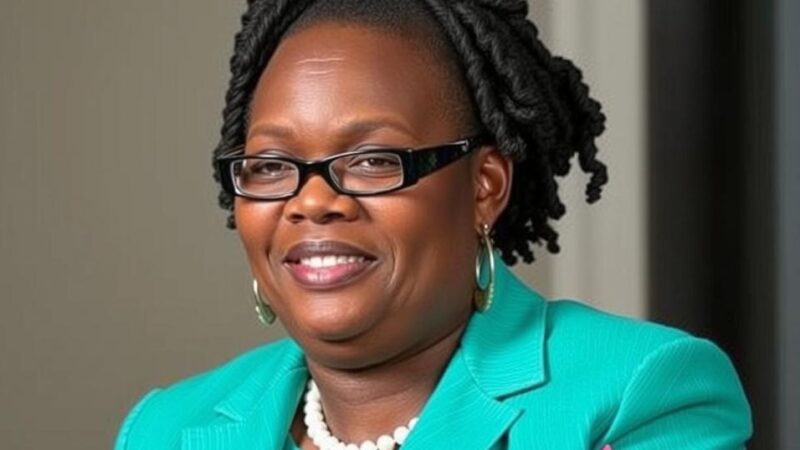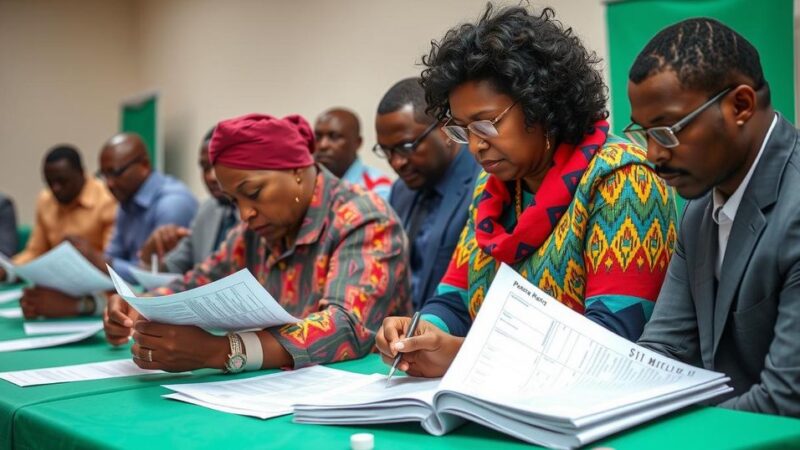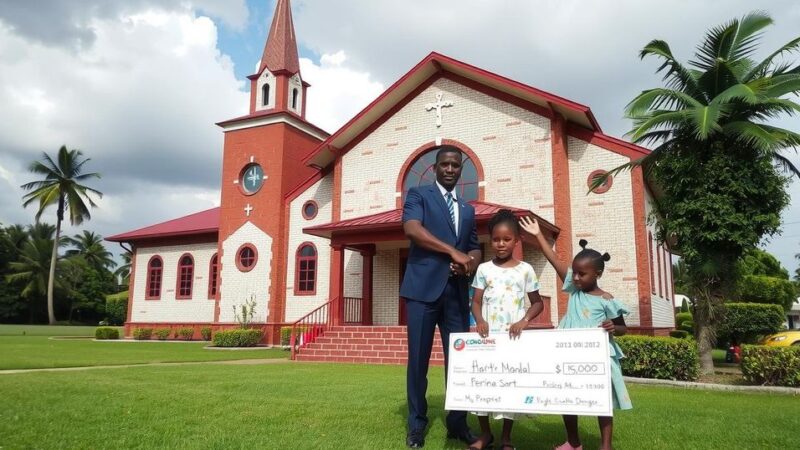Mozambique transitioned from a 15-year civil war to multiparty elections in 1994, marking a significant shift towards democracy. Despite FRELIMO’s continued dominance, tensions with RENAMO persisted, leading to intermittent violence. Economic growth was overshadowed by widespread poverty and humanitarian crises, particularly in the Cabo Delgado region due to insurgency. The 2024 elections are anticipated against a backdrop of electoral irregularities and ongoing challenges to political stability.
Mozambique’s turbulent history illustrates a nation grappling with the aftermath of civil conflict and the pursuit of stable governance. The multipartite elections of October 1994 marked a significant milestone, concluding a protracted struggle between the FRELIMO party and the RENAMO faction. As FRELIMO transitioned from its Marxist-Leninist roots, it incorporated pivotal reforms and concessions, facilitating the move towards a multiparty democracy under President Joaquim Chissano. FRELIMO’s victory in the elections entailed cooperation with RENAMO, which transformed into a recognized political entity under the leadership of Afonso Dhlakama.
Despite the peace achieved, the new government contended with the consequences of warfare, notably the residual menace of landmines and delays in military demobilization efforts. In the early 21st century, Mozambique’s economy rebounded from various natural disasters through significant reforms, yet poverty remained pervasive among the populace, breeding tensions that reignited conflict.
The political landscape remained turbulent, with backdoor negotiations followed by sporadic violence stemming from RENAMO’s grievances concerning governance and representation. The tragic passing of Dhlakama in 2018 introduced a phase of uncertainty in the peace process, yet discussions with his successor, Ossufo Momade, continued. The 2019 elections, rooted in a recently achieved peace accord, resulted in another FRELIMO victory despite allegations of electoral malpractice.
The encroaching insurrection from Islamic State militants in Northern Cabo Delgado further complicated the socio-political situation, necessitating international military intervention. The October 2024 elections, marked by allegations of election-related fraud and violence, awaited the outcomes with a sense of trepidation. The apparent decline of RENAMO’s electoral influence alongside FRELIMO’s dominance raises concerns about the trajectory of democracy in Mozambique.
The civil war in Mozambique, which spanned from the 1970s until the early 1990s, culminated in efforts for national reconciliation and democratic governance. Following years of conflict, the United Nations facilitated negotiations leading to a peace agreement in 1992 and the establishment of multiparty elections in 1994. The subsequent political landscape has been characterized by tense relations between FRELIMO, the ruling party, and RENAMO, the opposition, as they navigated the challenges posed by economic instability, humanitarian crises, and insurgent violence. The country’s natural resource wealth has seen contrasting fortunes, where potential benefits have not uniformly uplifted the population, thus shaping its ongoing political dialogue.
In summary, Mozambique’s journey from civil war to a fragile peace illustrates the complexities of post-conflict governance and the challenges of democratization. While significant strides have been made towards political representation and national reconciliation, issues such as economic disparities, electoral integrity, and insurgency remain profound obstacles. The upcoming elections will crucially test the resilience of Mozambique’s democratic framework and the commitments made by political leaders toward fostering lasting peace.
Original Source: www.britannica.com






